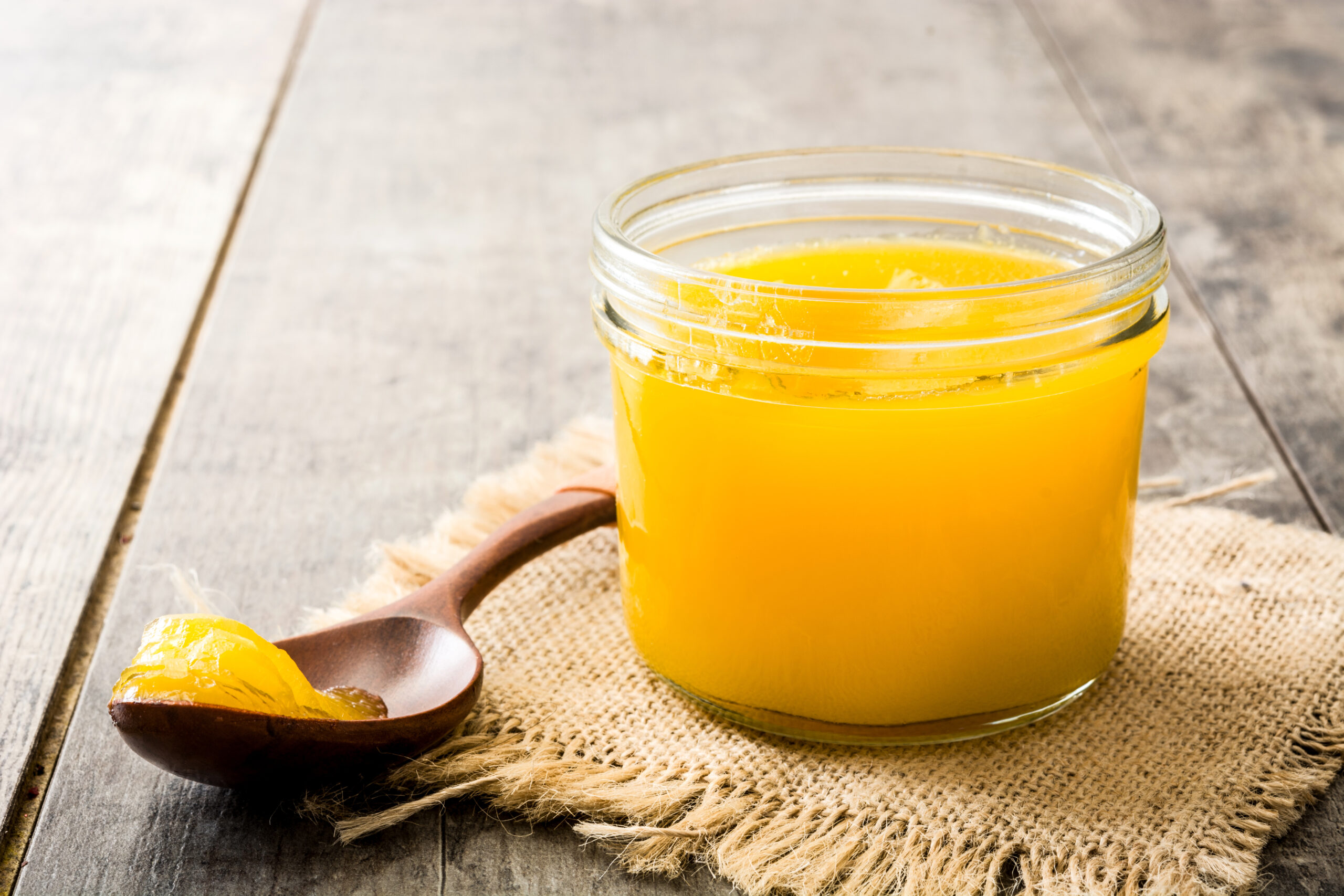- +91 9289351688
- +91 9311241133
- enquiry@farelabs.com
- Mon - Sat: 9:30 - 19:00
- PAN India Service
- Home
- About Us
- ServicesThis is an empty menu. Please make sure your menu has items.TESTINGCALIBRATIONPROFICIENCY TESTINGINSPECTION & AUDITINGCertificationOTHER SERVICESTESTINGCALIBRATIONPROFICIENCY TESTINGINSPECTION & AUDITINGCertificationOTHER SERVICES
- Trainings
- Careers
- Media & Events
- Contact Us
- Home
- About Us
- ServicesThis is an empty menu. Please make sure your menu has items.TESTINGCALIBRATIONPROFICIENCY TESTINGINSPECTION & AUDITINGCertificationOTHER SERVICESTESTINGCALIBRATIONPROFICIENCY TESTINGINSPECTION & AUDITINGCertificationOTHER SERVICES
- Trainings
- Careers
- Media & Events
- Contact Us

